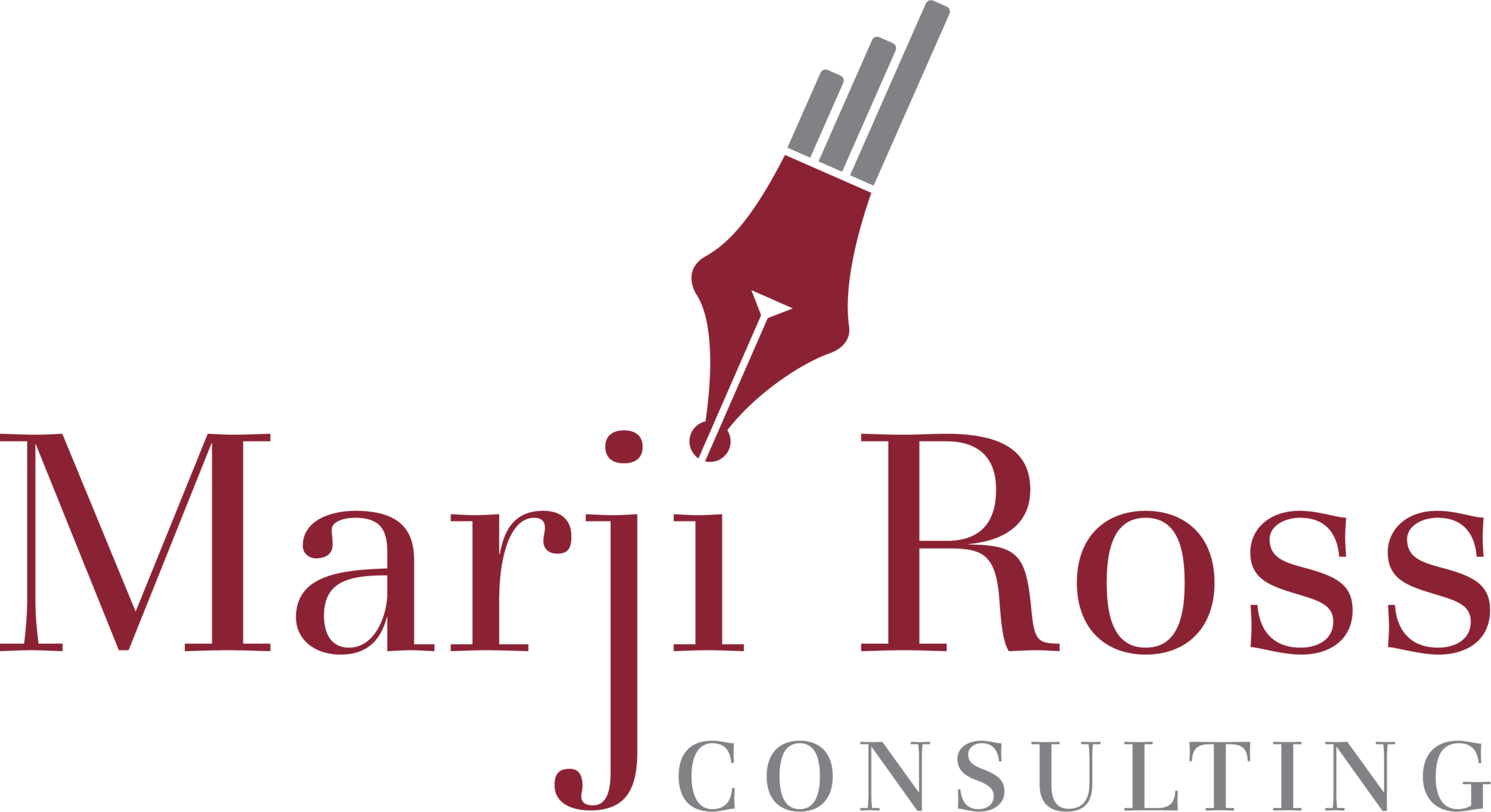Spontaneous Combustion
Of all the great Victorian authors, Charles Dickens is probably my favorite. The endless, fruitless legal battle of Bleak House; the heartbreaking hopefulness of Oliver Twist; the heart-warming triumph of A Christmas Carol. And, perhaps best of all, the love and the sacrifice of A Tale of Two Cities.
Before you ask, yes - yes, I love Jane Austen. The characters and stories of Sense and Sensibility, Pride and Prejudice, Emma, and Persuasion are as familiar and beloved as my own family. But I have it on excellent authority (i.e., my eldest daughter, who recently earned her PhD in Victorian Literature at Johns Hopkins University) that Austen was not Victorian.
There are two more reasons why Dickens is my favorite. First, I admire his marketing savvy. He understood how to apply the cliffhanger to ordinary personal relationships -- and he knew how to leverage that to build readership and income, releasing many of his works in installments (as several other Victorian authors did). Dickens and his colleagues were parents to both the Procter and Gamble soap operas of yesterday and the Netflix mini-series of today. Only Murders in the Building may not have the elegance of Dickens' language, but it certainly has the self-aware humor and the dramatic flair.
One more reason for my fondness for Dickens is captured in two words: spontaneous combustion.
I'm not talking about wet hay burning down the barn (yes, I live in the country now). I'm talking about the curious Victorian theory that people could, without warning, burst into flames. Dickens, an intelligent and well-educated 19th century Brit, believed that a person could spontaneously combust. He even included it in one of his novels (also Bleak House, according to my daughter). Dickens was not the only Victorianist who considered spontaneous combustion an accepted scientific phenomenon.
We've been hearing quite a lot lately about "trusting the science." Whether it's vaccinations or masks or climate change, skeptics are instructed to "Trust the Science." The key word in that power-packed little phrase, as it turns out, is not science - but trust. I would define science as the pursuit and testing of evidence that produces a better understanding of the physical world. But when we say we "know" that masks work or that the glaciers are melting, what we really mean is we "believe" they work, we believe they are melting. Because someone we trust told us so.
I can find dozens of "experts" who tell me masks work, and dozens of others who tell me they don't. I can find scores of authorities (and millions of believers) who tell me the glaciers are melting, and just as many who assure me the global ice density is increasing. The science seems to be on both sides, evidence can be found for two opposite conclusions.
The age of reason has collided with an unavoidable proposition: It is impossible to know without trust.
How ironic that something so seemingly cut-and-dried, so "objective" as science so often comes down to something as intangible as trust. How strange that the more information we have at our fingertips, the more distant real understanding becomes. Not to mention the inescapable observation that the more "science" we read, the more divided we've become about the world around us.
I hear you saying, "well, I know some things. I know what I had for breakfast. I know when my birthday is. I know where I left my car keys." But how many times have you been sure you left your car keys on the hook in the kitchen - where you always leave them - only to discover they are not there? Certainty is a dangerous game.
Now, I'm not saying we can't know anything. (At least, I don't think I'm saying that...I can't be certain.) My point is that there is a huge element of trust in everything we know, whether it's trust in our own memory, or trust in the experts, or trust in the conventional wisdom.
Which brings us back to spontaneous combustion. Dickens was not the only writer who believed in it -- plenty of others in his day did as well. But at least Dickens had the intellectual honesty to say he "believed" it be true. He didn't know for certain.
In the end, it all comes down to whom you trust. Keep that in mind next time you hear an assertion -- or make one yourself. Whose authority do you trust to confirm that knowledge?
Progressives trust the government -- not just to keep us safe and uphold the rule of law (both of which they are failing miserably at, I might add), not just to present the "science," but also to define what is good, what is fair, and what is true. Our founders were deeply suspicious of trusting the government, warning us to limit government's size and power, and specifying that all power not expressly conferred on our government was reserved for the people.
The founders also knew that ultimate trust could never be placed in the hands of men; when you make that mistake, you might just spontaneously combust.
